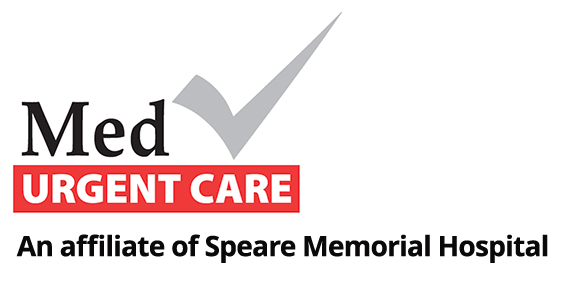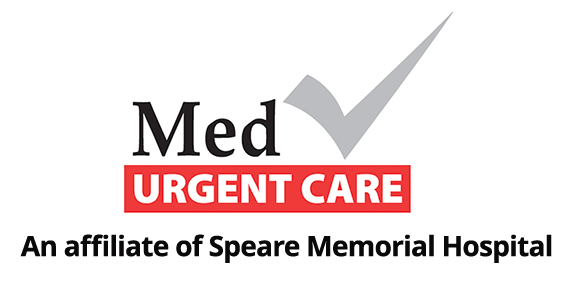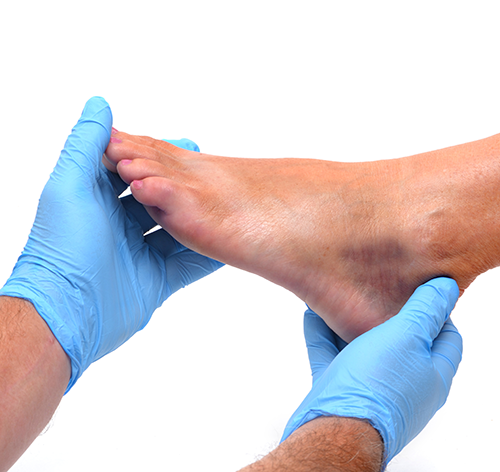You trip and fall going up the stairs at 10:00 at night. Your ankle is slightly swollen, you can put some weight on it, and you’re almost positive it’s just strained, but not sprained or broken. What do you do? Do you go to your local urgent care? Or do you get to the closest emergency room?
What’s the Difference?
The first thing you need to know before you decide is that even though we use the terms “emergency” and “urgent” interchangeably in our everyday lives, they don’t mean the same thing in this situation. When deciding where to go when you’re sick or injured, think of “emergency” as something that could legitimately kill you in the very immediate future, and “urgent” as an illness or injury that you need to get looked at, but if it were the middle of the afternoon, you’d be more likely to call your regular doctor.
A general guideline for when to go to the ER is – if anything, anything at all comes on suddenly, do not hesitate. Do not go anywhere except the ER. Dizziness, headache, trouble breathing, change in vision, heart palpitations, acute pain anywhere, fainting, anything comes on out of nowhere should send you to the ER immediately.
Other than that, if an infant has a high fever, go to the ER. Broken bones, deep cuts that you think might need stitches, especially if you’re on any blood-thinning medication, all of those would necessitate a visit to the ER. Seizures, burns, injuries to the head or the eyes, persistent chest pain – all of these should send you to the ER.
So when do you go to an urgent care center instead? Think of an urgent care center as an extension of your doctor’s office. If it was the middle of a Tuesday afternoon and you had a sudden terrifying chest pain, would you call your doctor and politely ask for his next available appointment? Of course not, so go directly to the ER. However, using the probably-strained ankle from the beginning of this article, yes, you might put some ice on it and see if your doctor can take a look to be sure it’s not broken. In that case, go to the nearest urgent care center.
Likewise, if it’s Saturday afternoon you realize you or your child has an ear infection, urgent care is probably the way to go. Those are painful, and your child should be seen quickly to get rid of the pain, but if it was a Tuesday, you’d go to the doctor, not the ER. Use that same judgement here. Go to an urgent care. They’ll be able to do the same things for you that your doctor would, but they’re available Saturday afternoon and your doctor isn’t.
That’s really what it boils down to. Ask yourself: Would you normally go to your regular doctor for your ailment? If the answer is yes, an urgent care is the answer. If the answer is no, get yourself to the ER pronto.
Drive or Call 911?
Whether to drive yourself to the ER or call 911 is another judgement call, but generally if you’re concerned enough to be asking, call 911. Especially if you’re home alone. In fact, if you’re home alone, default to calling 911. You don’t want to endanger yourself or anyone else on the road by driving when you’re sick or injured enough to go necessitate a visit to the emergency room. If it’s an illness or injury and someone is home and can drive you, that’s fine. But if it’s any sort of chest pain or sudden headache, though, you’re better off calling 911. If something happens to you en route, you want people equipped to handle it, not your currently-freaking-out spouse frantically googling “My husband is having a heart attack in my car” for suggestions.
No matter which you choose, be prepared. Bring a list of the medications you’re currently taking, any allergies you have, what you’ve eaten recently, and if you have any chronic issues. This includes over-the-counter medication. These can help the doctor discover what’s happening with you and make sure he or she doesn’t give you something that can make your situation worse.


